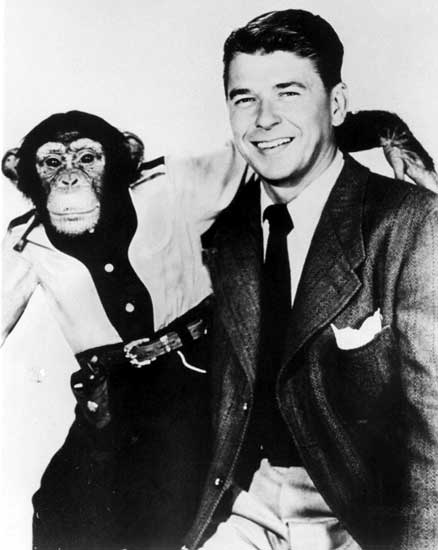http://www.youtube.com/watch?v=M6Na9xHN_SQ
Joseph Stiglitz in Slate explains why he supports Occupy Wall Street. An excerpt:
Research in recent years has shown how important and ingrained notions of fairness are. Spain’s protesters, and those in other countries, are right to be indignant: Here is a system in which the bankers got bailed out, while those whom they preyed upon have been left to fend for themselves. Worse, the bankers are now back at their desks, earning bonuses that amount to more than most workers hope to earn in a lifetime, while young people who studied hard and played by the rules see no prospects for fulfilling employment.
The rise in inequality is the product of a vicious spiral: The rich rent-seekers use their wealth to shape legislation in order to protect and increase their wealth—and their influence. The U.S. Supreme Court, in its notorious Citizens United decision, has given corporations free rein to use their money to influence politics. But, while the wealthy can use their money to amplify their views, back on the street, police wouldn’t allow me to address the OWS protesters through a megaphone. The contrast between overregulated democracy and unregulated bankers did not go unnoticed. But the protesters are ingenious: They echoed what I said through the crowd, so that all could hear.
The protesters are right that something is wrong about our “system.” Around the world, we have underutilized resources—people who want to work, machines that lie idle, buildings that are empty—and huge unmet needs: fighting poverty, promoting development, and retrofitting the economy for global warming, to name just a few. In America, after more than 7 million home foreclosures in recent years, we have empty homes and homeless people.
*
Stiglitz in the May 2011 issue of Vanity Fair outlines the growing economic inequality of the last thirty years. An excerpt:
It’s no use pretending that what has obviously happened has not in fact happened. The upper 1 percent of Americans are now taking in nearly a quarter of the nation’s income every year. In terms of wealth rather than income, the top 1 percent control 40 percent. Their lot in life has improved considerably. Twenty-five years ago, the corresponding figures were 12 percent and 33 percent. One response might be to celebrate the ingenuity and drive that brought good fortune to these people, and to contend that a rising tide lifts all boats. That response would be misguided. While the top 1 percent have seen their incomes rise 18 percent over the past decade, those in the middle have actually seen their incomes fall. For men with only high-school degrees, the decline has been precipitous—12 percent in the last quarter-century alone. All the growth in recent decades—and more—has gone to those at the top. In terms of income equality, America lags behind any country in the old, ossified Europe that President George W. Bush used to deride. Among our closest counterparts are Russia with its oligarchs and Iran. While many of the old centers of inequality in Latin America, such as Brazil, have been striving in recent years, rather successfully, to improve the plight of the poor and reduce gaps in income, America has allowed inequality to grow.
